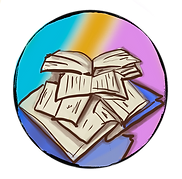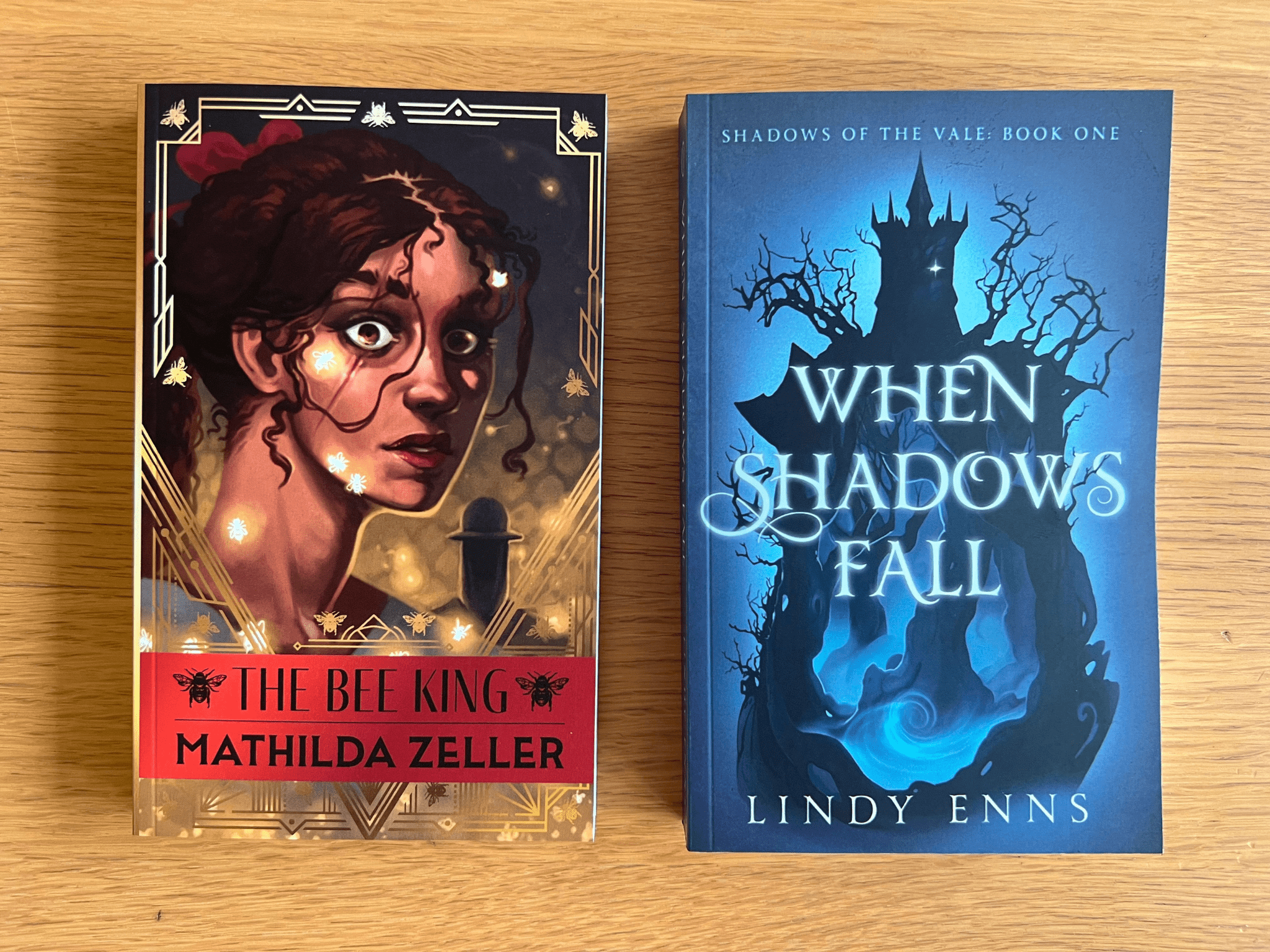WIXON'S DAY
I’ve always been writing; as soon as I learnt to do it, I started writing stories, like it was a compulsion. I started out writing stories on torn up cereal boxes for some reason, as if we couldn’t afford paper (we could), and it escalated from there. Throughout my childhood, those stories gradually got longer and I wrote my first novel-length pieces as a teenager. I’d write a novel roughly once a year and send it off to agents and publishers, getting zero response, until I finally bit the bullet and paid for some actual editorial feedback with Wixon’s Day. This happened to be at the same time that self-publishing was becoming a viable opportunity, and I seized on that opportunity more because I was working in business writing at that time, though everything I did was with an angle towards somehow also working on my fiction…
The single biggest hurdle for me (besides generally finding an audience, which an ongoing problem for everyone!) was accepting that I needed feedback, and that I had to actually share my work. I wrote very much in a bubble for my first couple of decades, so never really understood why all these masterpieces weren’t getting picked up by publishers. When I got Wixon’s Day edited, I was told a lot of things I wasn’t really ready to hear, and it took me a while to digest that my writing wasn’t perfect. I got into screenwriting, though, which is a hugely and necessarily collaborative process, and that in turn really lays bare the technical and commercial side of crafting stories. From there, I was able to become much more open about both criticism and the idea of writing in a way that properly engaged an audience, instead of just for my own sake.
Wixon’s Day was my debut release and it wasn’t until the novels that followed that I really started working collaboratively with an excellent editor who helped point out my failings, so I like to think I’ve come along quite a long way since then. It’s always my intention to improve with every book I write, and for the most part I feel I’ve managed that. There was quite a gap between when I wrote Wixon’s Day and its sequels (I even wrote a few other novels written in between, including Under Ordshaw, which was released much later), and I think you can see the difference in style very much in Aftan Whispers. I’ve certainly developed a lot technically, and can always now tell you why something is written the way it is, whereas with Wixon’s Day a lot of what I did didn’t have that technical grounding. That said, I think it does leave Wixon’s Day with a rawness to it that can be appealing in other ways: there are elements of it that I did because no one told me I couldn’t, and sometimes that kind of naked ambition counts more than any amount of technical ability.
I’d give two main points of advice, the first being the more obvious: make friends in the community and use those friendships to safely and proactively improve your craft. Every writer needs feedback, and needs to be open to improving, because writing is a two-way street. If you’re not effectively communicating what you want to, you absolutely need someone else to tell you that – and at the same time no one is going to encourage you or open you up to new opportunities as well as other writers.
The other thing, though, is to bear in mind at all times that publishing is a business, and the act of writing and selling novels goes way beyond merely making art. This isn’t a bad thing: businesses succeed and fail at least partly depending on how well they meet other people’s needs, so the ability to sell a book is a form of feedback of its own. It’s also helpful for distancing yourself from your work; if you start to think of it as a product, you can more easily answer questions about what you need to change. If you think of writing as a career, and a profession, it also makes more sense of how much you need to be willing to invest in your own development and your book as a product – this is a long-term and complex thing. We can all (mostly) put on a bandaid, but everyone knows it takes more work to become a doctor, yet when it comes to writing a lot of people think just being able to write should be enough to make a career from it. It shows when you disregard this, as, like with any business or career path, cutting corners has consequences. That said, if you just want to write for fun and please a smaller audience that’s certainly possible without too much work, too, just as long as you set your expectations realistically.




